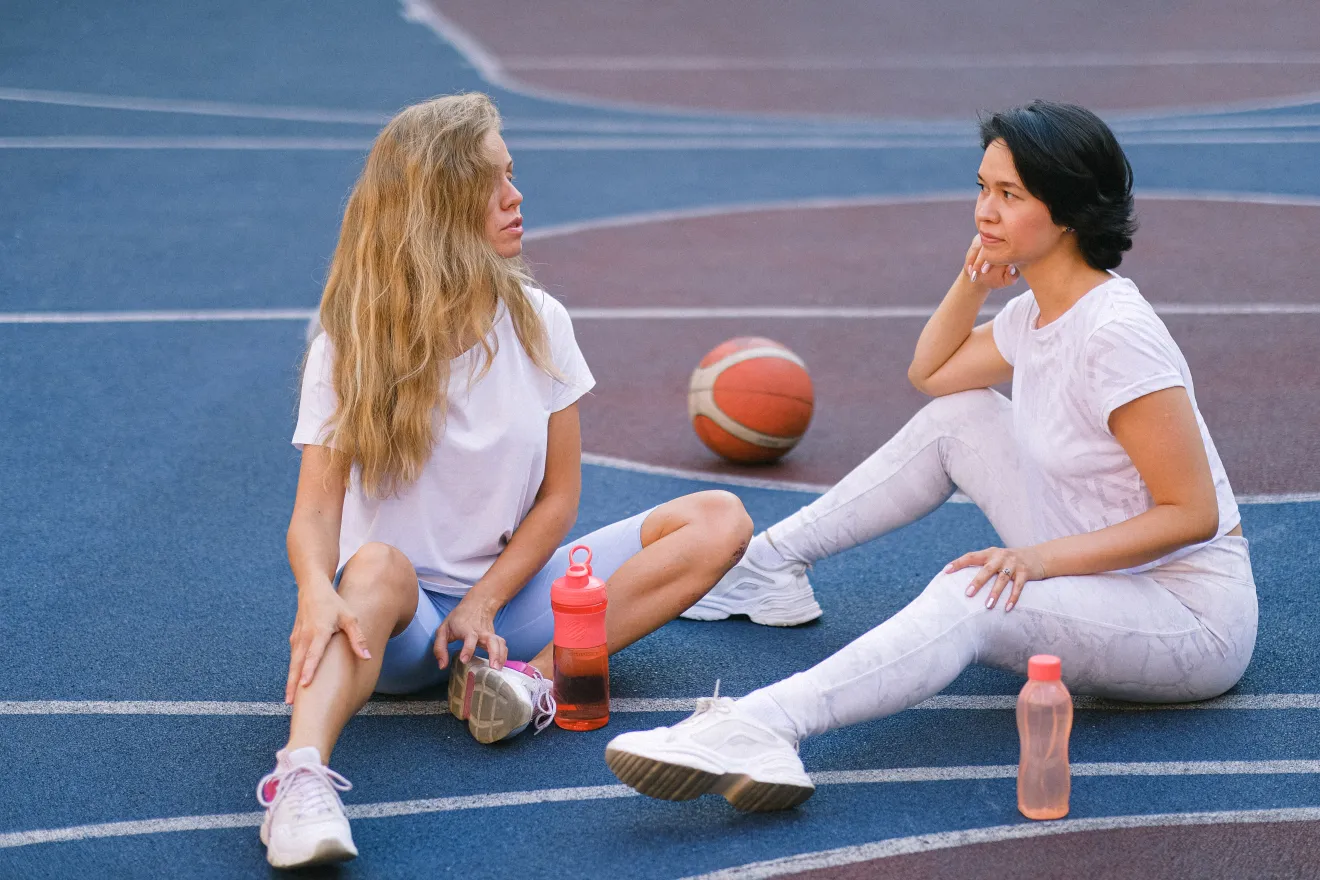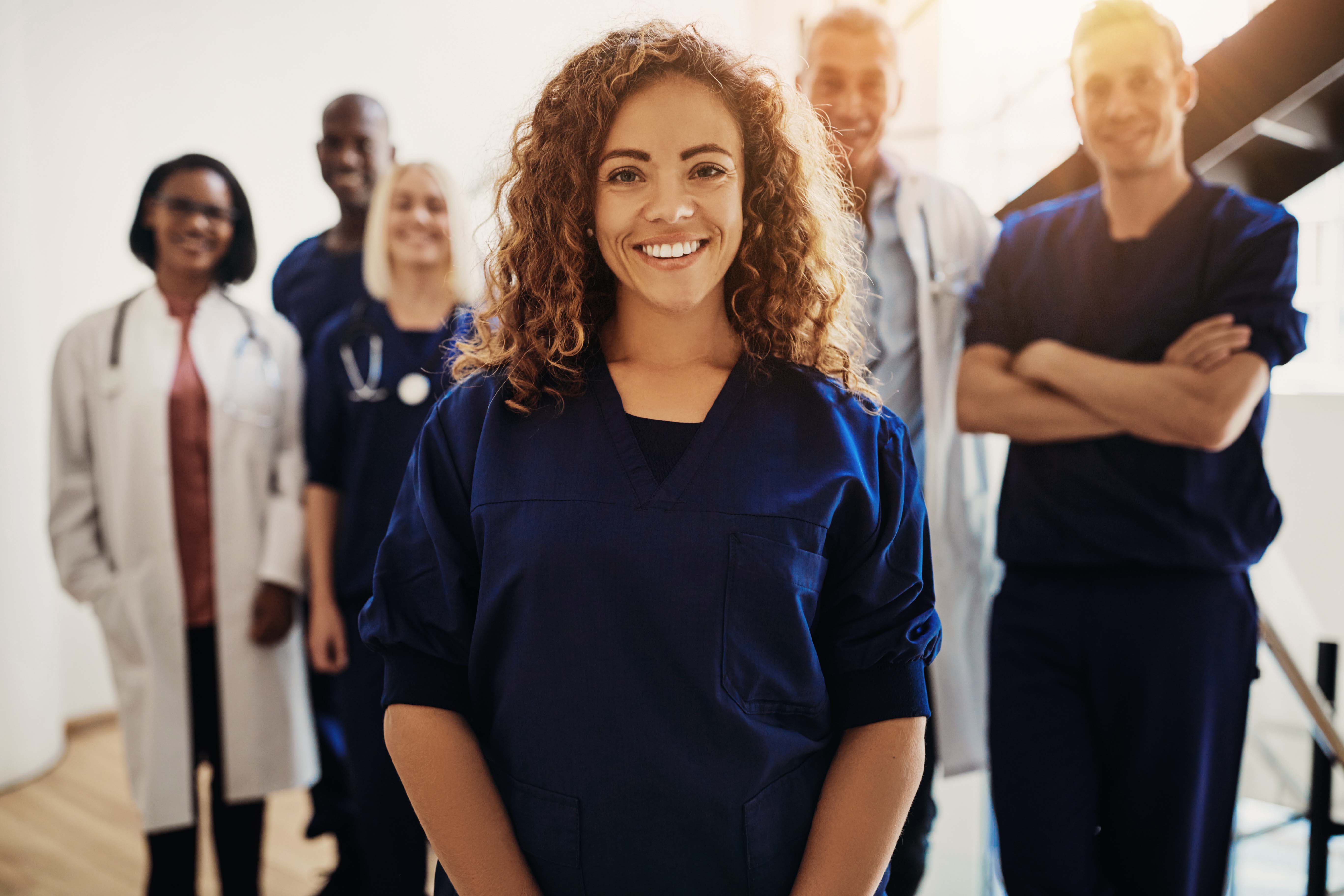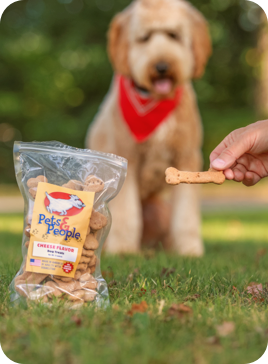BEST Practices for Transitions
- News

New Groups Forming
Transitions are hard for anyone, but for those with intellectual and developmental disabilities (I/DD), times of transitions can be especially difficult to navigate. Whether it’s the transition out of high school or out of day services, changes can throw someone’s life into disarray. And that’s what Boundless Experiences for Successful Transitions (BEST) works to help individuals avoid.
BEST targets times of transition for those with autism and other I/DD, ages 14 to 40. The specific transitions individuals are going through are less important than being in times of transition in general because many of the skills to successfully navigate changes are the same. BEST helps build these skills in two ways: through peer mentoring and through PEERS, an evidence-based group curriculum from UCLA.
Peer Mentoring
Where counseling is a clinical approach, peer mentoring “provides families and loved ones more natural support in their lives,” according to Kelli James, peer and transitions supervisor, who oversees the BEST Program. “A peer mentor might play basketball with the client and ask ‘what would you do if you want to play with someone else? What if they say no, what if they say yes, what if you win, what if you lose?’” This differs from clinical counseling because it steps away from the hypothetical and into actual practice. They can practice those skills while on the basketball court, either through roleplay or through actual interactions with other people also playing basketball at the time. The peer mentor can model the actual behavior in the actual environment, or they can support real life practice.
BEST has two full-time peer mentors in Franklin County and a part-time mentor in Licking County, all of whom are specifically trained in coaching individuals through situations. This coaching can look different based on what each individual needs, so the peer mentors have a wide variety of skills up their sleeves. Currently, both peer mentors in BEST are neurotypical, but a long-term goal of the BEST program is to hire a graduate as a peer mentor.
PEERS
Program for the Education and Enrichment of Relational Skills, or PEERS, is an evidence-based group curriculum from UCLA. Since 2005, immense research has gone into this program and results have been published in peer-reviewed journals many times. The curriculum, created by Dr. Elizabeth Laugeson, clinic director at UCLA, has been translated into over a dozen languages and is actively used in at least 125 countries. It has been featured in numerous media outlets since its inception and even on Netflix’s Love on the Spectrum. All of this is to say something simple: it works.
PEERS is a 16-week program that meets once a week. Each week, participants build on the skill they learned the week before. The first class, trading information in conversation is covered. Kelli explained, “Often we tell people with autism to ‘just say hi,’ but that’s not actually how it works.” It can come off as a little strange if someone comes up and only says “hi,” and then just waits for you to initiate further conversation. There are actual skills involved in starting a conversation beyond a simple greeting. So, how do you find a common interest to discuss with someone you don’t know? How do you enter or exit a conversation? These are skills that neurotypical people tend to take for granted, but BEST takes the time to explain them to individuals who need some help.
The Impact
Joey was introduced to the BEST program through OhioRISE. Joey’s mom, Saun Rose, credits Boundless with turning her son’s future around. For years, Joey only had treatment if he went to the ER and was admitted to the hospital. His family didn’t know where Joey’s life was going. Joey didn’t know where his life was going, and he suffered because of that.
After his involvement with BEST, Joey is now preparing for college. Saun Rose said, “Joey is smiling again. There is laughter in our home.” She said her parents “have their smiling healthy grandson back.” The impact that BEST has had on Joey is huge. While it’s great that PEERS has concrete metrics that have been proven to help, the number of smiles is the metric that most families are more interested in.
For the staff of BEST, nothing could be more rewarding than hearing success stories. As one of the only PEERS providers in Ohio, the Boundless staff is uniquely positioned to see amazing growth in clients. Despite the acclaim of this program, PEERS at Boundless currently has no waitlist for the upcoming session that starts on January 11.
Peer mentoring is available in Columbus, from 11 a.m. to 7 p.m. and can be scheduled around your loved one’s availability. PEERS takes place Wednesday, 5:30 to 7 p.m. on the Checkrein Campus in Columbus. Payment options include self-pay or Medicaid.
Contact Kelli James at kjames@iamboundless.org or 614-436-7897 Ext. 2371 to learn more about BEST and sign up for the upcoming session.





